
Depression and gay men
These days depression is a hot topic in the media, which is great news as it helps reduce the unnecessary stigma attached to it — the more we talk about depression the more we will see it as a normal state of being human.
Just about all of us will suffer an episode of depression during our lifetime. For some it is a clinical, deep-rooted long-lasting melancholy and for others it lasts a few days or weeks.
There is no research evidence showing gay men suffer depression any more than members of the general community. However, we do know that being a gay man today can be very tough on the psyche, when competing for attention in the demanding homosexual landscape of fashion, fitness, obtaining sex, and the clubbing environment. It is easy to get depressed if this homosexual landscape fails to reflect back to you that you are a worthy person.
How do you know you are suffering depression and to what extent? Look at these following questions and mark 1 for sometimes, 2 for often and 3 for always. Let’s go.
In the last two weeks, have you:
1. Found little interest in doing things.
2. Felt down, depressed or hopeless.
3. Had trouble getting to sleep.
4. Felt tired and had little energy.
5. Felt badly about yourself, a failure or letting your family down.
6. Had trouble concentrating, reading the paper or watching TV.
7. Found yourself moving or speaking slowly so that others notice.
8. Had thoughts that you would be better off dead or thoughts of hurting yourself.
9. Poor appetite or overeating.
A score of 4 or below means you have minimal depression, 5-9 means mild depression, 10-14 moderate, 15-19 moderately severe and 20-27 severe depression.
What can you do about depression? Regular exercise, a good diet, good sleeping habits, staying social and finding a meaningful activity (any work including volunteer work) have been proven to be extremely beneficial in reducing depression symptoms.
Anti-depressants also provide great relief for many sufferers with moderately severe to severe depression, as they give sufferers a starting point to improve mood so they feel like doing new things. Anti-depressants are not habit-forming, zombie-making or addictive, as the myth goes. Research has shown that when counselling and anti-depressants are combined they offer a greater degree of success than just anti-depressants on their own.
Now you have completed the test above, how do you rate? Can you exercise a bit more, eat better, sleep better, stay more social and find meaningful things to do?
Whatever you do, if you rated poorly, seek help from your GP, and share your concerns with trusted family or friends.
And remember, people suffering depression also impact others’ mental health, so seeking help will in the end make your friends, family and community happier. You have a right to be happy and enjoy life. Gay life, after all, is such a gift.
INFO: Gerry North is a gay counsellor. Email Gerry at [email protected] or visit gaycounselling.vpweb.com.au




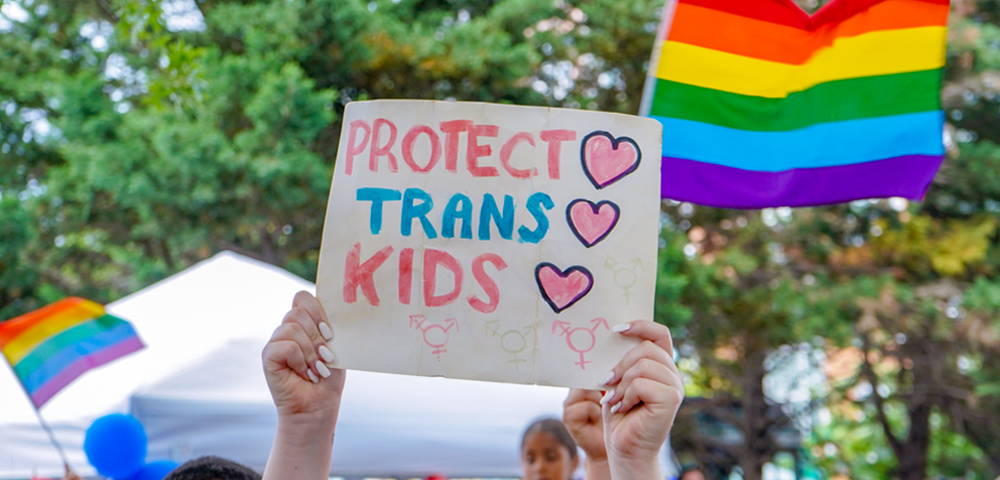

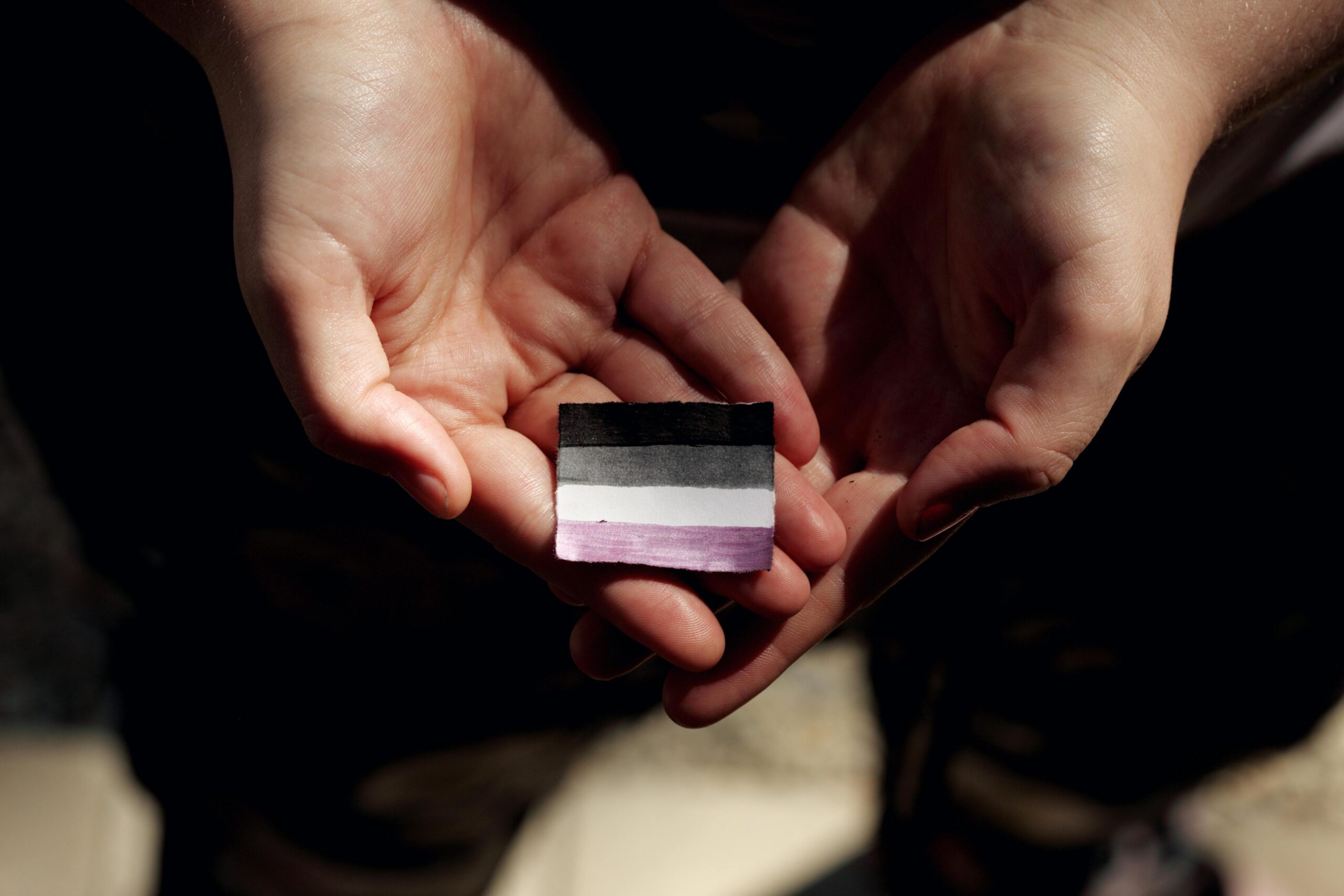
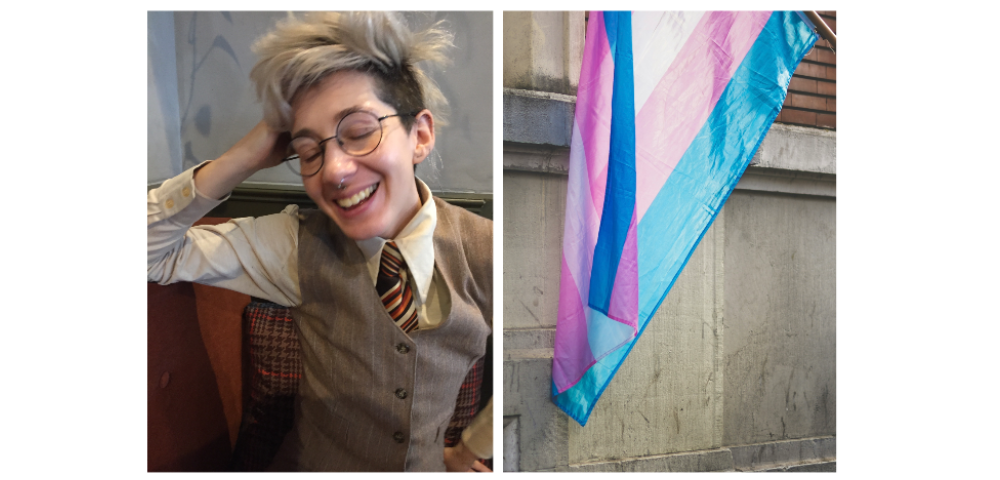
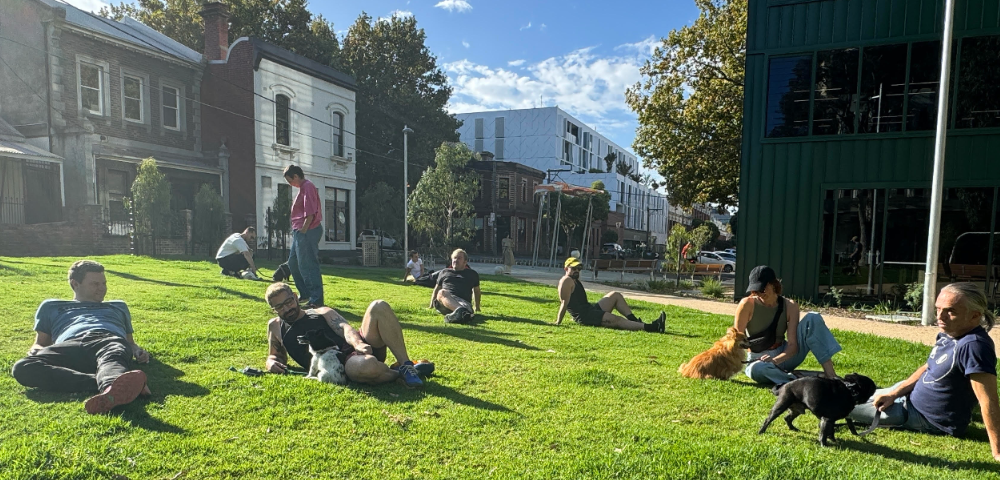
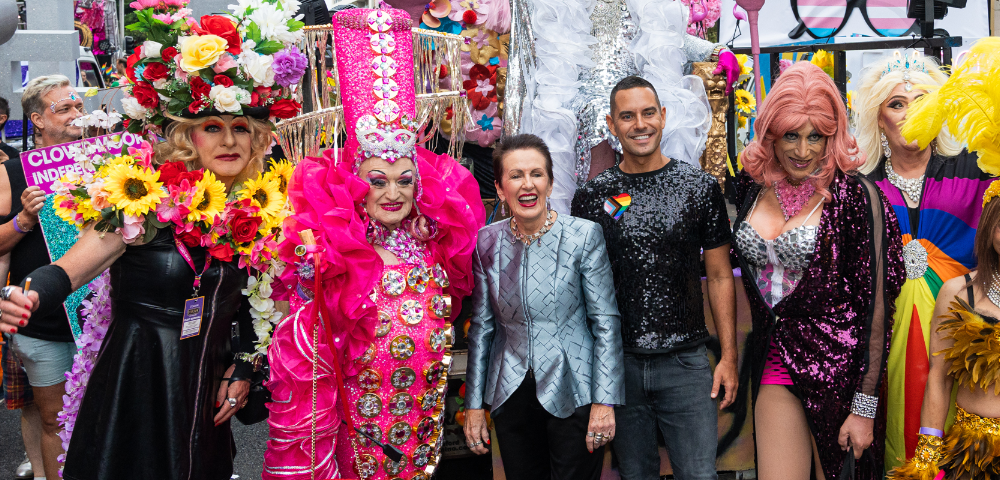
[…] Read more here. […]
I’d have to respectfully disagree with you over the point that there’s “no research evidence showing gay men suffer depression any more than members of the general community” – there is in fact now four decades worth of accumulated evidence showing that GLBT people are at greater risk of depression, mental illness and suicide.
This extensive lit review was published in the Journal of Homosexuality back in 2010:
http://www.tandfonline.com/doi/abs/10.1080/00918369.2011.534038
We need to be doing more as a community to look out for each other, as well as recognising the symptoms in ourselves.
I’ve written more about this here:
http://bipolarbear.co.nz/2011/06/01/time-to-look-after-ourselves/